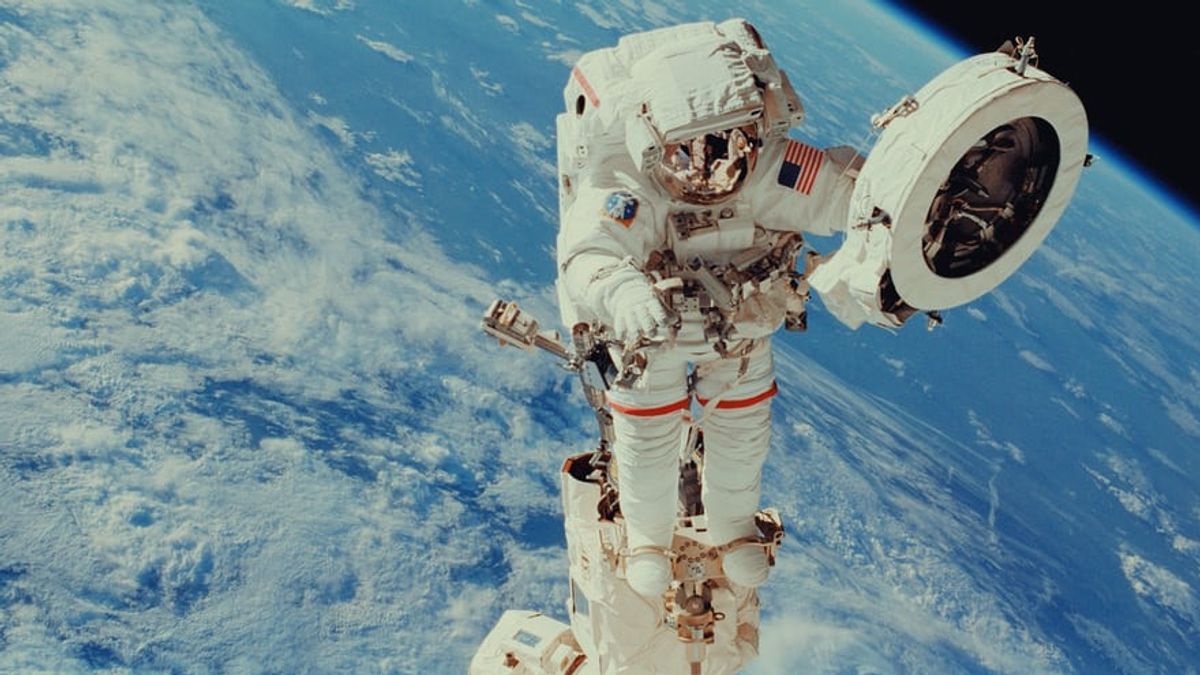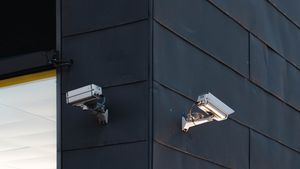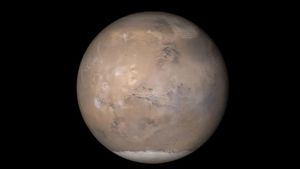JAKARTA - NASA astronauts Thomas Marshburn and Kayla Barron are scheduled to get out and walk the spacewalk from the International Space Station's (ISS) Airlock Quest today, December 1. But unfortunately, the plan had to be canceled at the last minute.
Again, this is because of space debris that can threaten their lives. Unfortunately, NASA doesn't yet know when the two are scheduled to perform another spacewalk, and there are no further details about the debris and what kind of threat it poses.
Marshburn and Barron's goal when leaving the ISS was to replace the S-band Antenna Subassembly mounted on the Port 1 frame structure outside the ISS. NASA said the antenna recently lost its ability to send signals to Earth.
According to NASA, this problem is not too serious just a limitation on the function of the ISS, and should not be rushed. However, NASA wants to replace those antennas to have communication redundancy in case another antenna goes down.
NASA delayed most of the time for Marshburn and Barron to make their spacewalks and completed antenna replacements as well. The two astronauts took six and a half hours to perform the spacewalk.
But citing Slashgear, Wednesday, December 1, after at the last minute, NASA received a notification that there was debris approaching the ISS, so they had to postpone space travel.
Big Problem With the Space Junk
Debris in low-Earth orbit has been a hot topic this month. For example, debris from an anti-satellite missile test was conducted by Russia in early November. On November 15, 2021, Russia destroyed the long-dormant Kosmos-1408 satellite, creating trash that could potentially harm the ISS crew and the station itself.
SEE ALSO:
The United States Space Command estimates that the explosion created at least 1.500 pieces of traceable space debris and thousands more that could not be traced. They also stated that this debris could be in low-Earth orbit for a long time. Even for decades if no action is taken.
So far, there has been no indication from NASA that debris from the satellite was behind today's delay. The European Space Agency (ESA) estimates there are tens of thousands of objects larger than 10cm in size in orbit, with potentially hundreds of millions of objects smaller than that.
Those tiny, untraceable objects still pose a threat because they move at orbital speeds, so it's no wonder NASA takes debris reports seriously.
The English, Chinese, Japanese, Arabic, and French versions are automatically generated by the AI. So there may still be inaccuracies in translating, please always see Indonesian as our main language. (system supported by DigitalSiber.id)


















